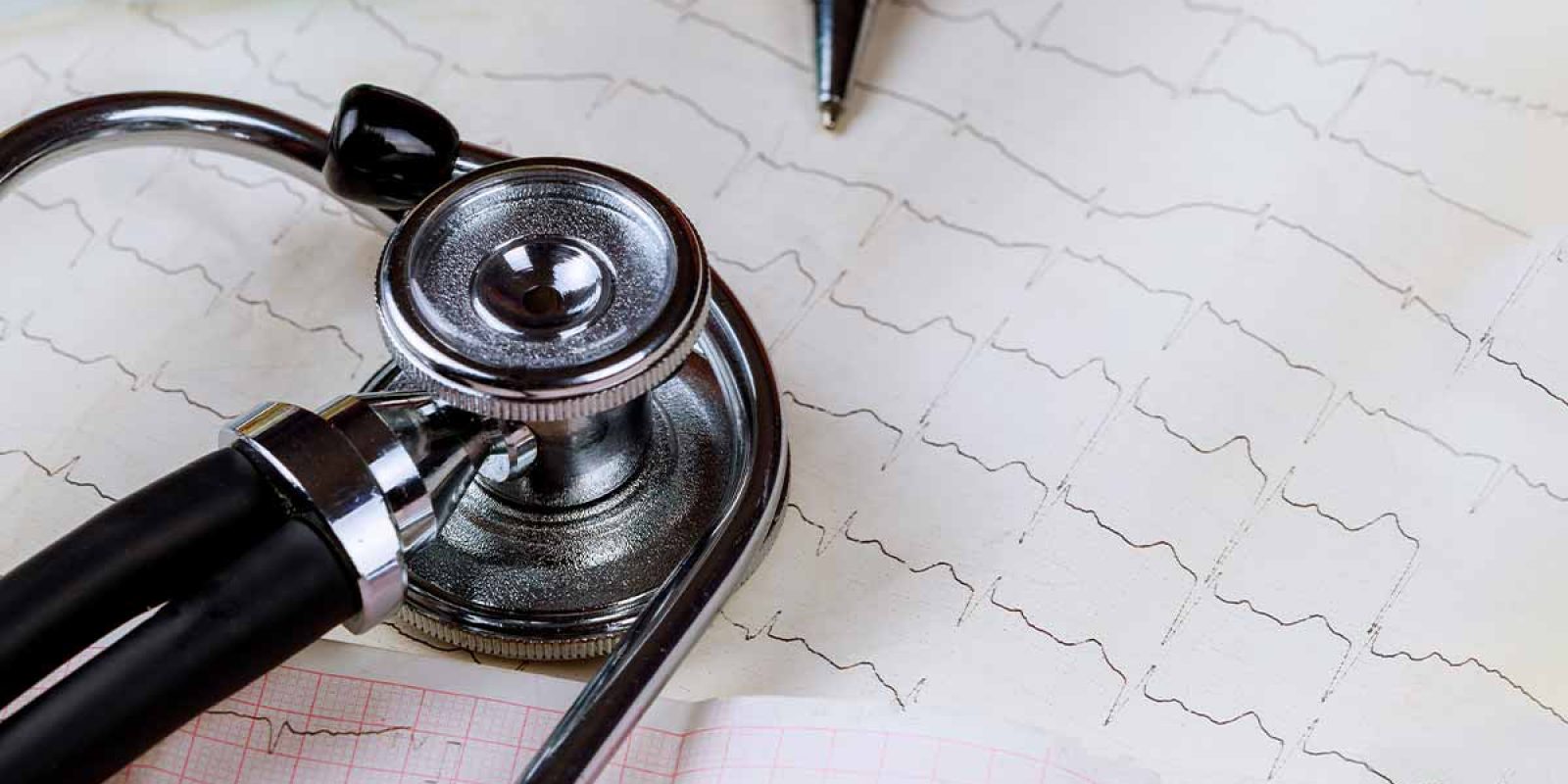Cancer Treatment and Damage to the Heart
Cancer treatments are advancing and increasing survivorship, but they can also cause unique and serious damage to the heart. These issues can occur within the first few months of treatment or 20 years later. Chris Fine, MD, a cardiologist at National Jewish Health discusses the growing field of cardio-oncology and how it could change the future of cancer care. He talks about how they work directly with the patient and their other cancer care experts to monitor their heart health both during and after treatment.
I grew up in Huntington, WV where I stayed to attend undergraduate and medical school at Marshall University. From there, I completed my Internal Medicine training at Oregon Health and Science University in Portland, OR and made another cross-country trip closer to home for Cardiology Fellowship at the University of Louisville in Louisville, KY.
While in fellowship, I discovered a passion for managing cardiovascular disease in cancer patients. I spent time at the Brown Cancer Center at U of L, but also had dedicated time at Washington University in St. Louis in their Cardio-Oncology Center of Excellence. Along the way, I became an active member of the International Cardio Oncology Society (ICOS) and board certified in Cardio Oncology as part of the inaugural class in 2020.
I joined the Cardiology faculty at National Jewish Hospital in 2021 with the plans to build a multi-disciplinary cardio oncology practice that works closely with medical and radiation oncologists, alike to deliver the best possible care to the patients we see. That being said, I also see general cardiology patients, as well.
I am board certified in Internal Medicine, Cardiovascular Medicine, Echocardiography, Nuclear Cardiology, and Cardio Oncology.
The goal is to always treat the patient, not the condition, and that philosophy is best practices by taking all possibilities into consideration when determining the best means of diagnosis and ultimate treatment. I strive to maintain high-quality, patient-centered, evidence-based care as the norm and welcome all insight in order to succeed with these goals.

